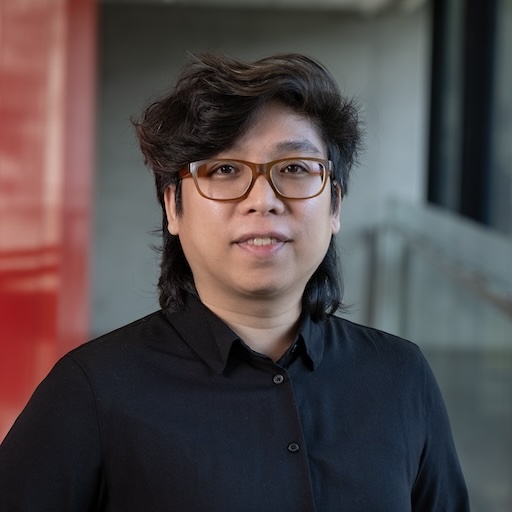
Keywords
Fields of Research (FoR)
Computational logic and formal languages, Formal methods for software, Programming languages, Operating systemsBiography
I am an Australian formal methods researcher who pivoted to academia after a 5-year early career stint (2008-2014) as an OS-level software engineer with NICTA spin-out Open Kernel Labs, Inc. My long-term objective since 2014 has been to gain the skills, experience, and qualifications necessary to assist, conduct, and eventually lead groundbreaking research and development aimed at improving the trustworthiness and reliability of...view more
I am an Australian formal methods researcher who pivoted to academia after a 5-year early career stint (2008-2014) as an OS-level software engineer with NICTA spin-out Open Kernel Labs, Inc. My long-term objective since 2014 has been to gain the skills, experience, and qualifications necessary to assist, conduct, and eventually lead groundbreaking research and development aimed at improving the trustworthiness and reliability of system-critical software.
To this end, in 2016 I completed a master's degree by coursework focused on computer security and formal methods. In 2020, I attained my doctorate for my dissertation on the application of interactive theorem proving to make feasible the verification of both information-flow security and its preservation by a compiler for concurrent programs that share memory both (1) between threads and (2) between security domains. From 2020 to 2023 I worked for the CS Security Research group of The University of Melbourne's School of CIS, collaborating with the Trustworthy Systems research group of UNSW's School of CSE, my alma mater, aimed at the provable elimination of information leakage through timing channels.
Since 2023 I have held the position of Senior Research Associate working with the Trustworthy Systems research group at UNSW Sydney's School of CSE.
I am a trans nonbinary person and in professional contexts would appreciate being referred to with they/them pronouns.
My Qualifications
- Doctor of Philosophy: Computer Science and Engineering (UNSW Sydney, November 2020)
- Master of Information Technology, with Excellence (UNSW Sydney, August 2016)
- Bachelor of Engineering: Computer Engineering, with Honours Class 1 (UNSW Sydney, May 2010)
My Awards
- 2023: Distinguished Artifact Reviewer, OOPSLA External Review / Artifact Evaluation Committee (SPLASH 2023)
- 2021: Distinguished Artifact Reviewer, OOPSLA Artifact Evaluation Committee (SPLASH 2021)
- 2021: Co-recipient of the Australian Museum Eureka Prize for Outstanding Science in Safeguarding Australia (for research contributions to the Cross Domain Desktop Compositor)
- 2016-2020: CSIRO Data61 Research Project Award (PhD top-up scholarship)
My Research Activities
I research and develop formal methods, primarily for proving absences of information flow in systems for high-assurance use cases. In the past, my focus was on complications arising from concurrency and refinement to enable secure compilation; more recently, it has been on how to prove an OS enforces absences of information leaks through the microarchitecture. More broadly, I am interested in all applications of interactive theorem proving, as well as anything to do with the design and construction of software systems with formally proved functional-correctness and security properties at scale.
My Research Supervision
Supervision keywords
Areas of supervision
I am willing to discuss potential supervision with anyone interested in a pursuing a Higher Degree Research candidature on a topic in my areas of research.
Please contact me by email to discuss our research interests and your circumstances. If you have a professional online presence, especially hosted or verified by any institutional websites (e.g. employer or university), public code repositories (e.g. GitHub) or publication databases (e.g. DBLP), please include any links to those.
Completed research students
- Pengbo Yan, PhD student (University of Melbourne): Formally verifying the security of probabilistic oblivious algorithms.
Currently supervising
- Kevin Tran, PhD student (UNSW): A framework for reasoning about the multi-core seL4 code.
- Junming Zhao, PhD student (UNSW): Compositional formal verification of network services in the seL4 Device Driver Framework.
- Kurt Wu, PhD student (UNSW): Verifying inter-component communications in LionsOS.
My Teaching
I have co-lectured:
- COMP3161/9164 Concepts of Programming Languages in T3 2024 and 2025.
- COMP4161 Advanced Topics in Software Verification in T3 2023, 2024 and 2025.